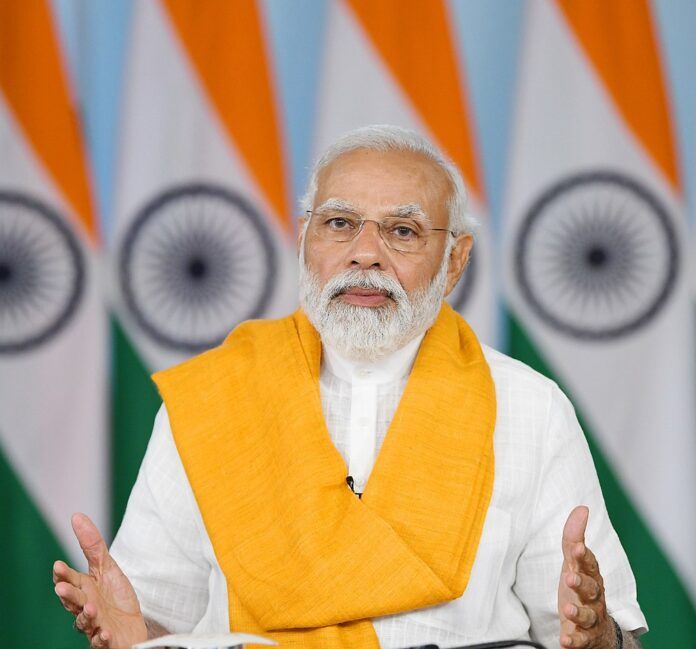New Delhi insists on the internal nature of its citizenship amendment act, amid international scrutiny
India has firmly rejected criticism from the United States regarding its Citizenship Amendment Act (CAA), describing the concerns as “misplaced, misinformed, and unwarranted.” The law, which facilitates citizenship for non-Muslim refugees from Afghanistan, Pakistan, and Bangladesh, has ignited widespread debates about its impact on India’s secular framework. The U.S. State Department’s recent remarks on closely monitoring the law’s implementation sparked New Delhi’s strong response, emphasizing the CAA as an “internal matter.”
The implementation rules for the CAA, announced by Prime Minister Narendra Modi’s government, have led to sporadic protests across the country. Critics, including Muslim groups and opposition parties, argue that the law discriminates against Muslims and challenges the secular essence of India’s constitution. Despite these concerns, India’s Ministry of External Affairs maintains that the CAA aligns with the nation’s inclusive traditions and commitment to human rights, aiming to provide a safe haven for persecuted minorities.
The dialogue between India and international observers, including the United States and the United Nations, underscores the global attention on India’s domestic policies. The UN had previously labeled the CAA as “fundamentally discriminatory,” sparking nationwide protests and violence in certain regions following its parliamentary approval in 2019.
Amnesty International recently reiterated calls for the repeal of the CAA, critiquing its operationalization as a departure from Indian constitutional values and international standards. The law’s focus on non-Muslim refugees, while excluding Muslims and other minority groups facing persecution, has been a point of contention.
With India’s Supreme Court set to hear petitions challenging the CAA’s constitutional validity, the legal and political discourse surrounding the law continues to evolve. As the country prepares for its upcoming general elections, the debate over the CAA remains a critical issue, reflecting broader conversations about citizenship, religious freedom, and human rights within the Indian polity.
